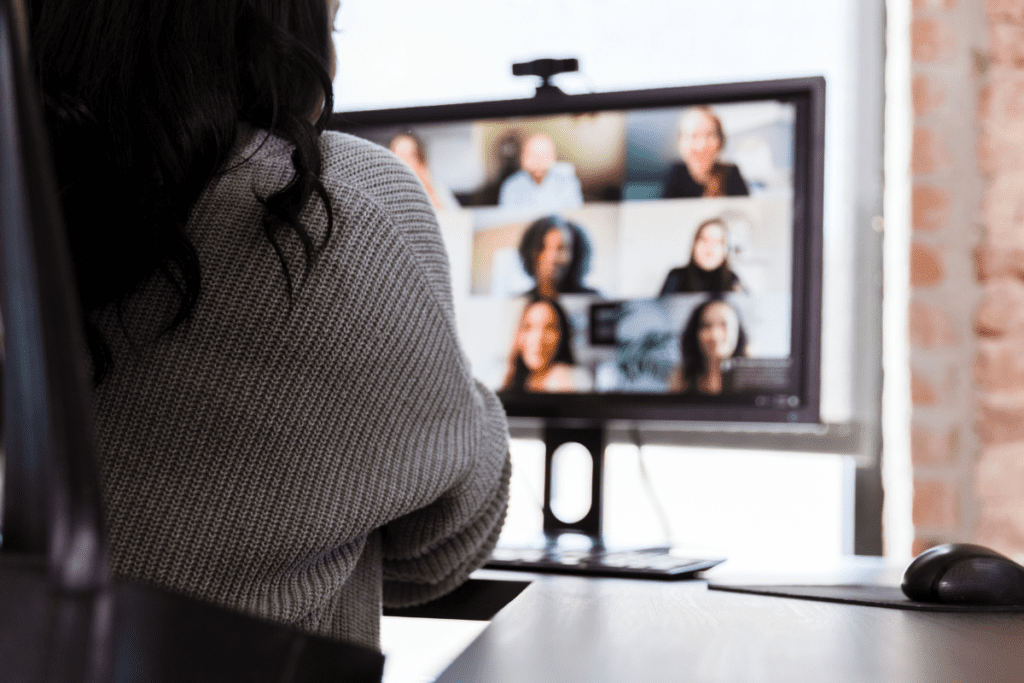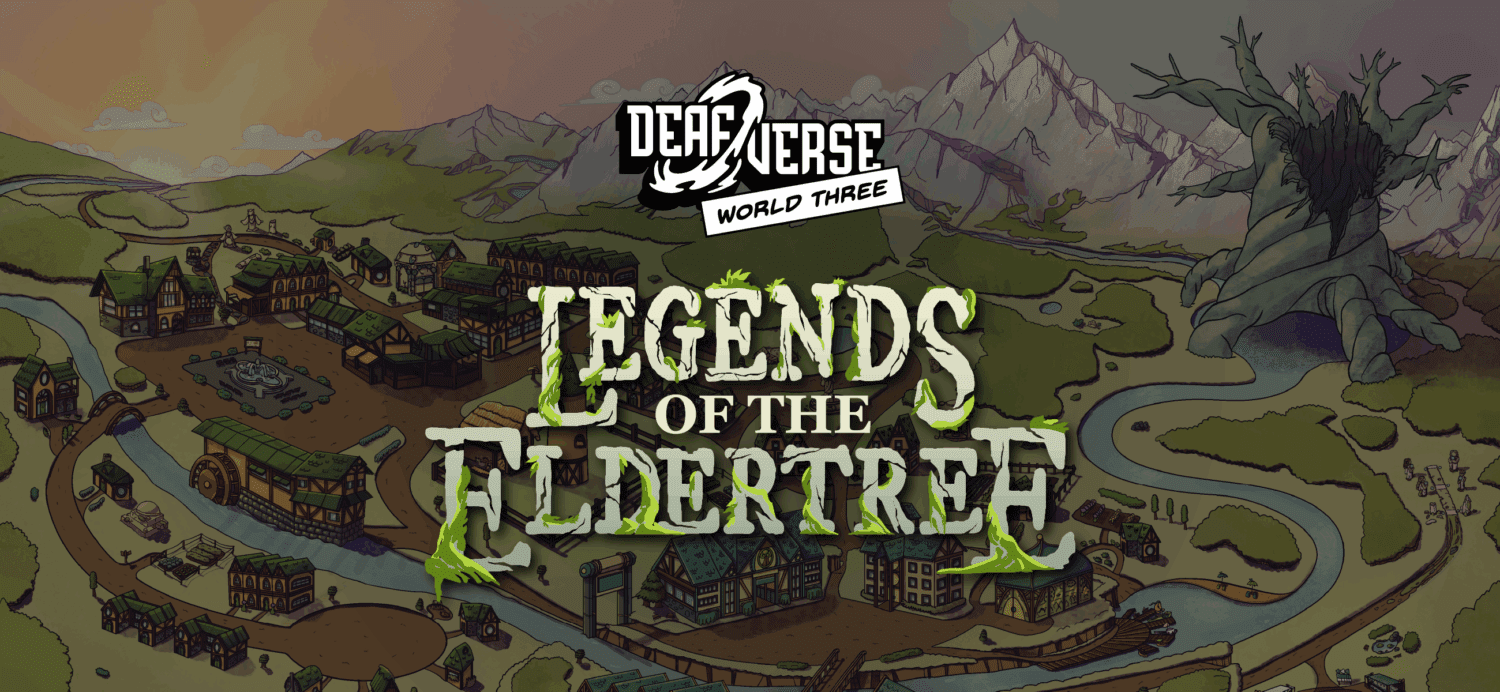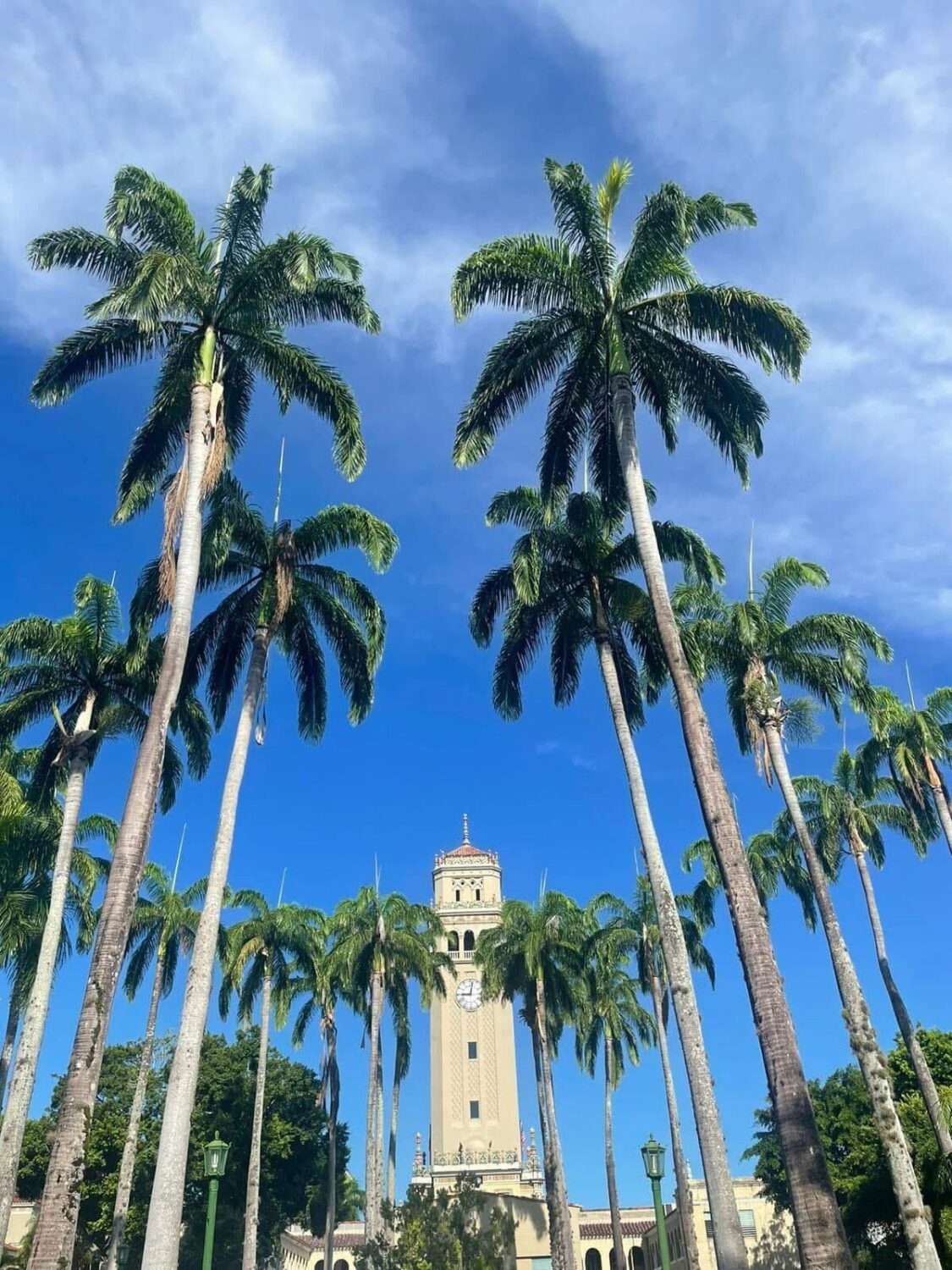The Department of Education, Office of Special Education, the Department of Labor and Workforce Development, Division of Vocational Rehabilitation Services, and a team of partners began planning the second annual “We Can! Virtual Deaf Career Day” event in early spring 2022 and hosted the event on December 2nd, 2022. The event was a resounding success, with over 150 high school students across the state and 29 panelists from across the country participating!
Tanya Onsongo, New Jersey State Coordinator of Deaf and Hard of Hearing Services and Wendy Eufemia, Coordinator of Deaf Education, led a team of professionals throughout the state in designing this event to empower deaf high school students to explore their career options and connect with deaf professionals. Panelists represented a wide range of professions and industries, including education, healthcare, business, technology, and the arts.
The event was designed to empower deaf high school students to explore their career options and connect with deaf professionals. Panelists represented a wide range of professions and industries, including education, healthcare, business, technology, and the arts.
Students had the opportunity to learn about different career paths, ask questions, and get professional advice. The event was well-received by both students and panelists. In a survey conducted after the event, 82% of respondents reported being “very or somewhat satisfied” with the information presented.
“I learned so much from the panelists,” said one student. “It was great to hear about their experiences and get advice on how to achieve my career goals.”
“I was really impressed with the students who participated in the event,” said one panelist. “They were engaged and asked thoughtful questions. It’s clear that the next generation of deaf and hard of hearing professionals is bright and talented.”
The “We Can! Virtual Deaf Career Day” event is a valuable resource for deaf and hard-of-hearing high school students, in that it exposes them to different career paths and deaf role models to look up to and connect with. There are plans to continue hosting the event and the work group is looking for ways to improve things. This year, they will include more panelists from different industries and provide more opportunities for students to network with each other.
"I learned so much from the panelists. It was great to hear about their experiences and get advice on how to achieve my career goals."
Planning the “We Can! Virtual Deaf Career Day” Event
The team responsible for this wonderful event included a social worker at a deaf school program, a superintendent at a school for the deaf, a supervisor of the Division for Deaf and Hard of Hearing, a former principal of a program for the deaf, a parent of a deaf student, a VR regional career center for deaf and hard of hearing counselor, a principal of a program for deaf children, and an ASL teacher.
During the planning stage – a year-long process – the team decided to hold the event virtually to allow more panelists to participate and to avoid travel and out-of-school time barriers for students. They also opted to change the length of each session from 55 minutes to 30 minutes to allow students to attend more sessions.
The team recruited panelists by contacting people they knew and asking the Division of Deaf and Hard of Hearing to email blast the DHH community. They also recruited students through the New Jersey Department of Education broadcast announcement to all school chief administrators, a list of teachers of the deaf, and a roster of educational interpreters.
On the day of the event, the team members served as moderators in each of the meeting rooms and used Relay Conference Captioning (RCC), a free service through NJ relay, in each room to ensure that all students could access the information.
The Benefits of a Virtual Deaf Career Day Event
Events like the “We Can! Virtual Deaf Career Day” offer a number of benefits for deaf students, including but not limited to:
- Accessible to a broad range of deaf students in various parts of the state.
- Opportunities for students to expand their horizons, learn about a wide range of career options from deaf professionals all over the country, and think about careers they may not have previously considered.
- Gain advice from professionals who have faced challenges, learn from the panelists’ own experiences, and get tips on workplace success.
- Opportunities to build long-lasting relationships and network with each other and deaf role models.

The Importance of Career Exploration for Deaf Students
Virtual and in-person career exploration opportunities are an invaluable resource for deaf and high school students. Mainly when these opportunities include adults with similar lived experiences as them. Role models are an important component of career exploration and representation matters.
To better support deaf students’ future-finding, consider the following:
- Foster autonomy among deaf youth by teaching them self-advocacy skills.
- Start career exploration earlier. Exposure to potential fields and opportunities can make a big difference in their focus and determination.
- Facilitate school & employer partnerships to create work-based learning opportunities that can prepare young people for post-secondary opportunities.
- Support ongoing career development in your students even after graduation by fostering strong relationships through mentoring.
Visit our website for more resources and strategies from NDC on Career Exploration and Developing Career Readiness.









